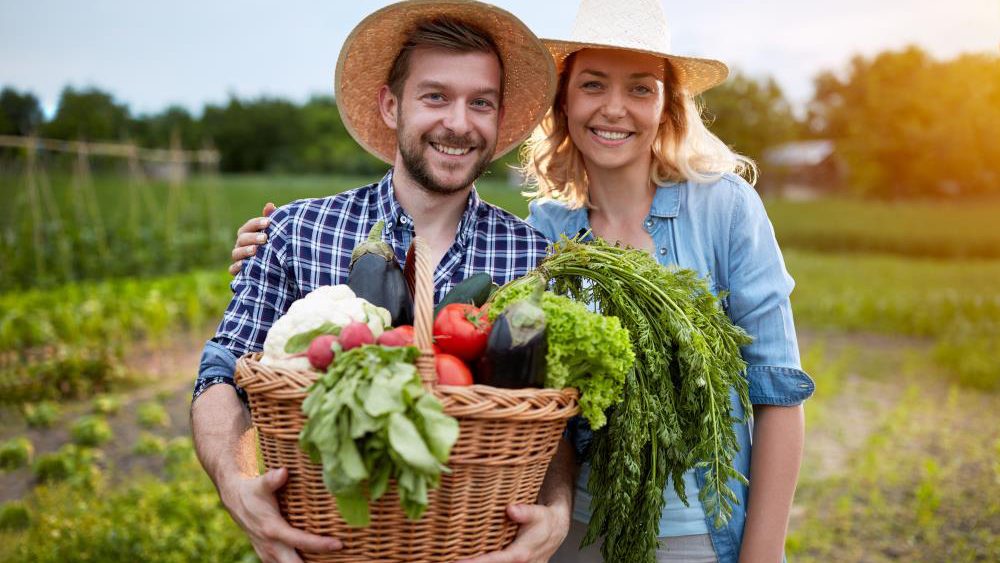
Advertisement
Home gardening is a crucial part of any prepper’s life. Having a garden in your backyard ensures that you have access to fresh produce during “quiet” times and, most importantly, after SHTF. Learning about food preservation also teaches you the skills you need to save and preserve excess fruits and vegetables from your garden.
Don’t be put off by the effort it requires to maintain a home garden. It’s not easy, but it is one of the most rewarding things you can do on your homestead. (h/t to SurvivalBlog.com)
Things to consider before starting your home garden
Home gardening is an undertaking that requires some research and hard work. First, you need to figure out the soil quality in your area and which plants will grow well in your garden. Then you need to till the soil, water your crops, and harvest your plants.
Gardening has a steep learning curve, but learning from your mistakes is the best way to grow as a home gardener. Don’t wait until it’s too late to start gardening.
Consult with experienced home gardeners in your area and show them you are willing to learn to improve at your craft. Most of the time, they will be more than happy to teach you a trick or two. Ask them about the best vegetables to grow in your garden and how to address common gardening problems like weeds or pests.
Choose crops that your family likes to eat and wouldn’t mind eating regularly if SHTF. Grow nutrient-rich fruits and vegetables with different caloric content so everyone can meet their daily nutritional needs.
If you want to preserve excess crops for your survival food stockpile, plant high-calorie vegetables such as:
- Beans
- Beets
- Corn
- Parsnips
- Peas
- Potatoes
- Squash
- Sweet potatoes
After you finalize the list of plants you want to grow in your garden, decide how you’re going to prevent common garden pests from destroying your crops. Will you be using non-toxic pesticides or will you resort to hand weeding?
You also need to know how to deal with critters that may target your crops, like deer, rabbits, or raccoons, even if you live in an urban area. (Related: 5 Garden hacks to boost production and reduce loss.)
Invest in basic tools like a hoe, rake, shovel, and a garden hose. Larger gardens require a bigger investment, but you don’t need to spend too much if you’re starting a small garden. You can also benefit from a rainwater harvesting system if you want to keep watering your crops after SHTF.
Home canning tips
Read up on two common methods of preserving food: canning and freezing. Other options include dehydrating and pickling.
If you’re new to canning, follow rules to avoid accidents when using a canner. Following safe canning practices also ensures that you don’t get sick by eating improperly canned food.
If you have a large garden, you may need to work twice as hard to harvest and preserve your crops.
Home gardening and food preservation as food insurance
Learning how to tend a garden teaches you important skills that will benefit you and your family. Your skills will continue to improve through the years and when SHTF, no one can take these skills from you.
Home gardening saves you money since you’ll be spending less at the grocery store and eating healthier, fresher food.
Get the whole family involved in your home garden. Bond as you raise your own food and teach young children the value of hard work and the joy of growing organic food in your backyard.
Gardening also gives you a chance to grow your social circle by talking to fellow preppers and gardeners.
Growing your own food doesn’t just give you access to nutritious food that will nourish your body, it also boosts your physical health as you work hard to prepare garden soil, plant, and harvest your crops.
You should already have food and supplies in your stockpile, but the items you store will gradually run out during a long-term disaster. If SHTF, your garden and home canned foods will help keep your family well-fed after your supplies run out.
Read more about food shortages at FoodCollapse.com.
Sources include:
Advertisements







